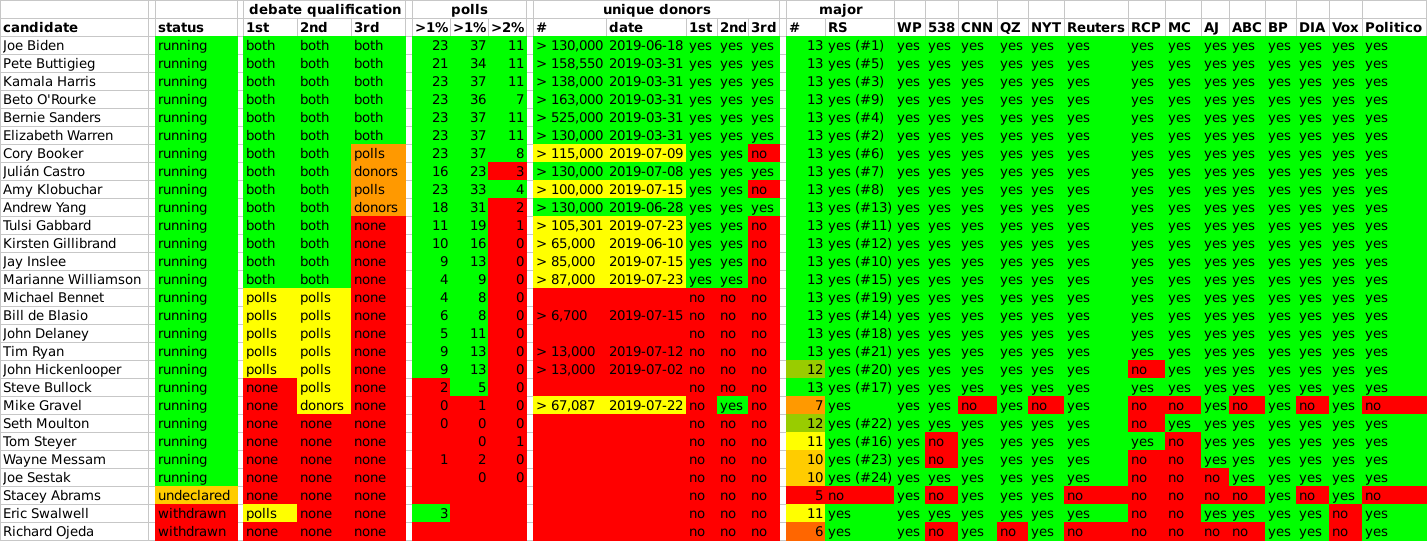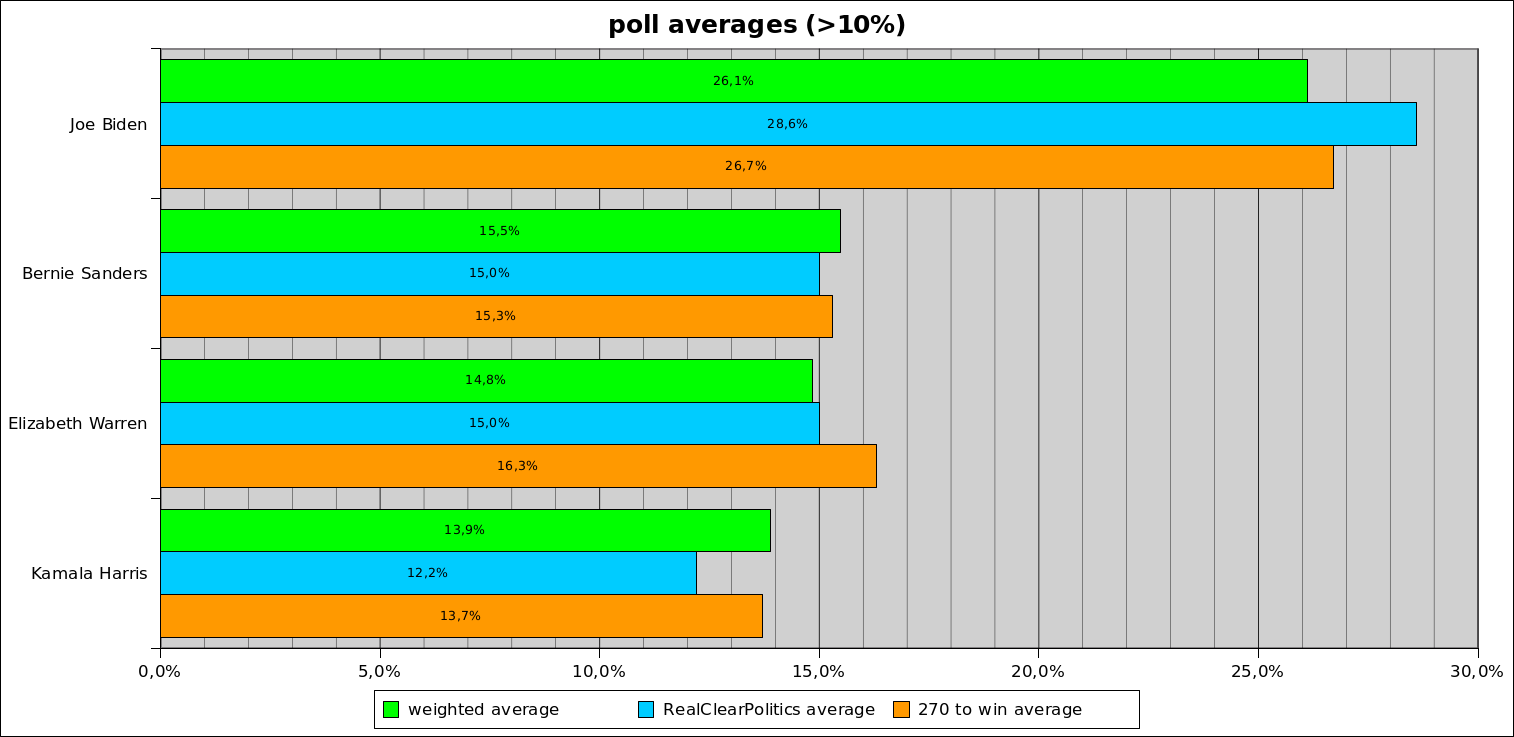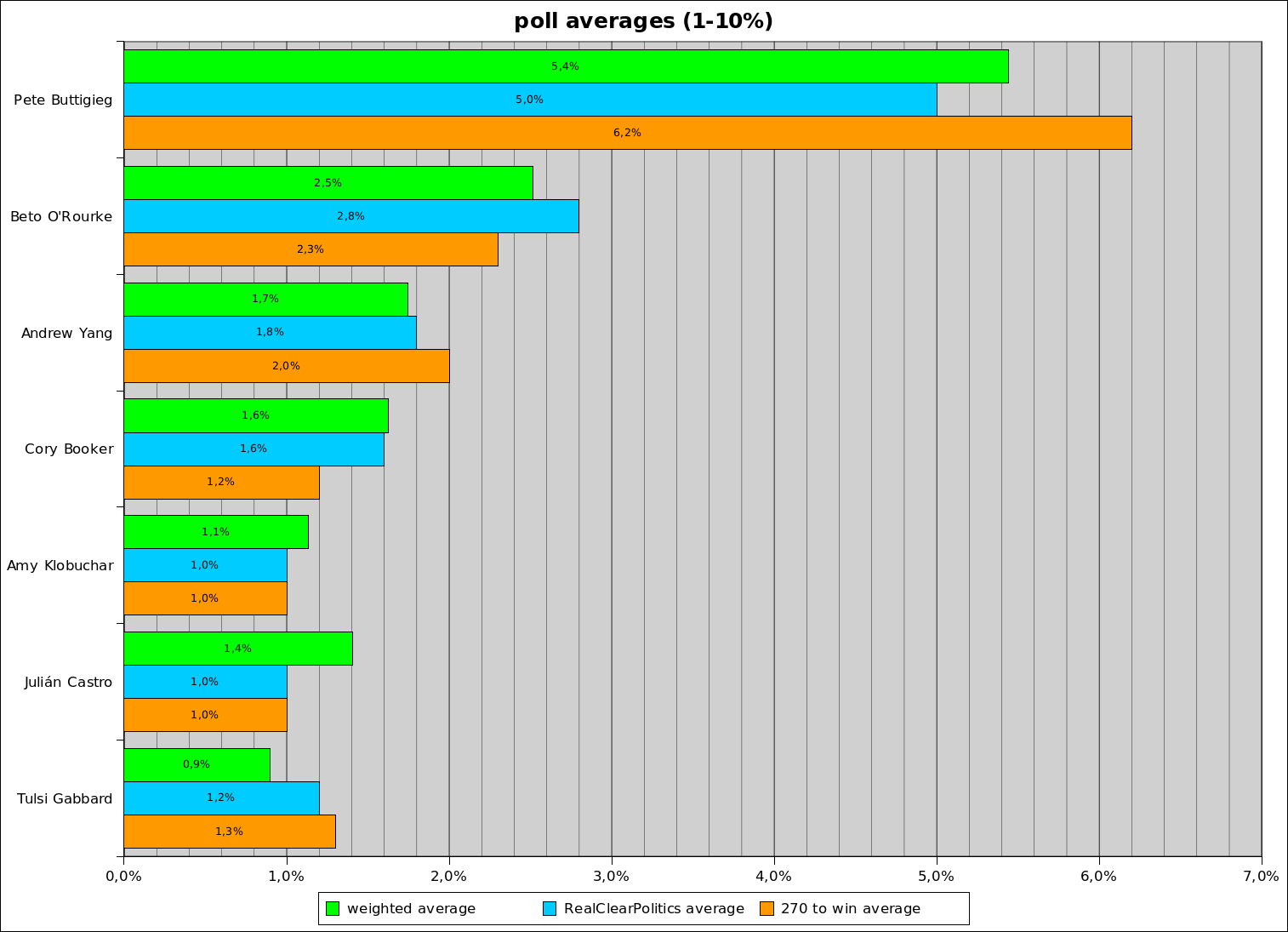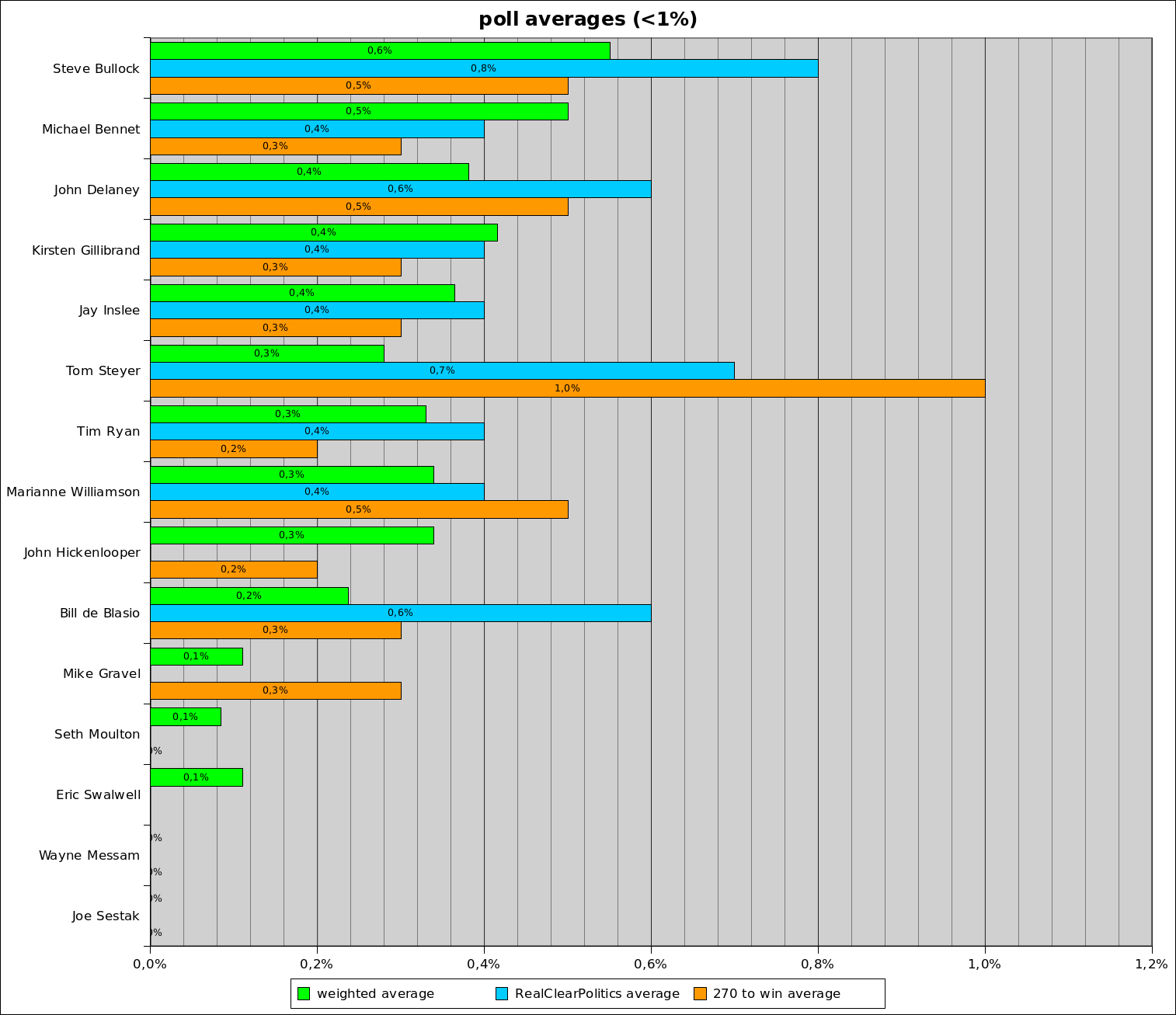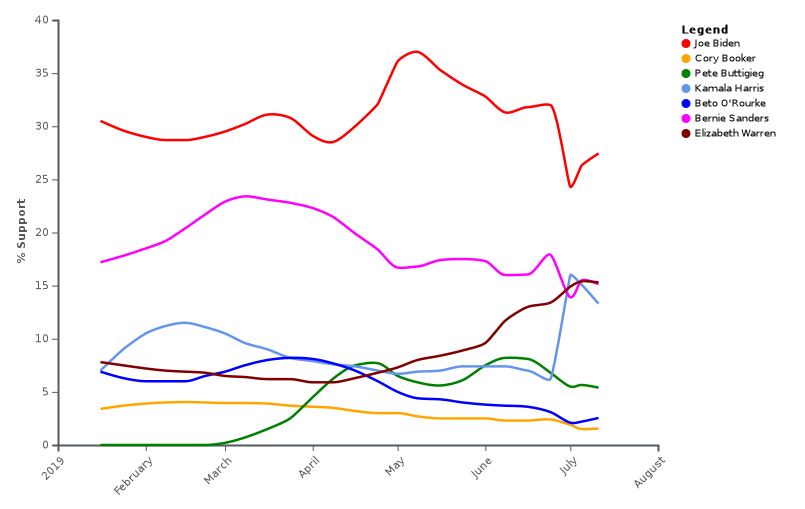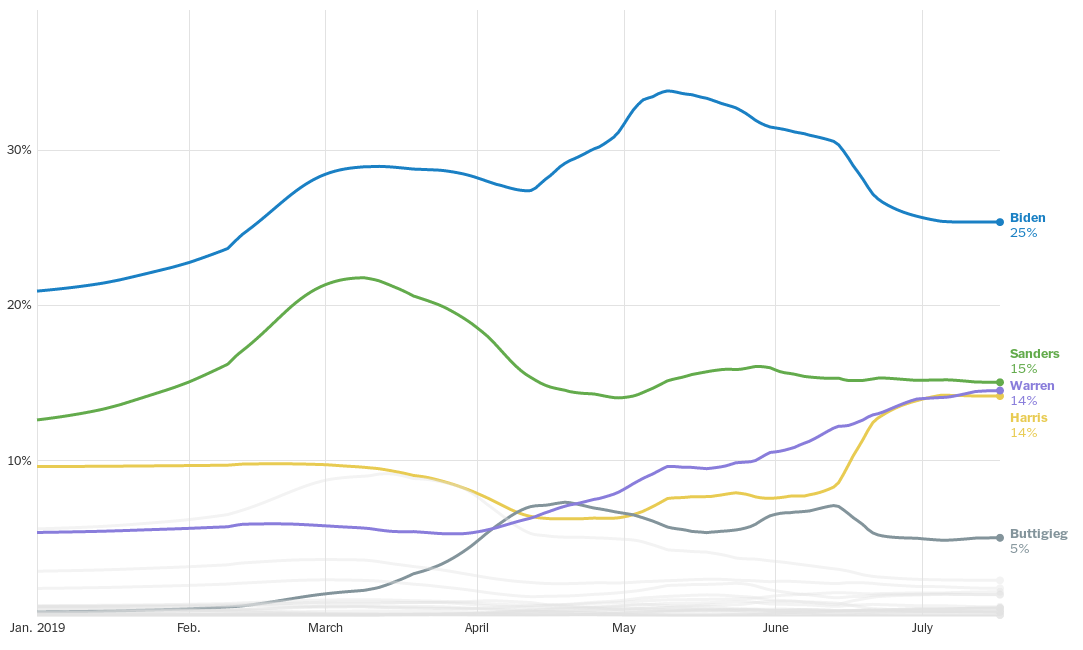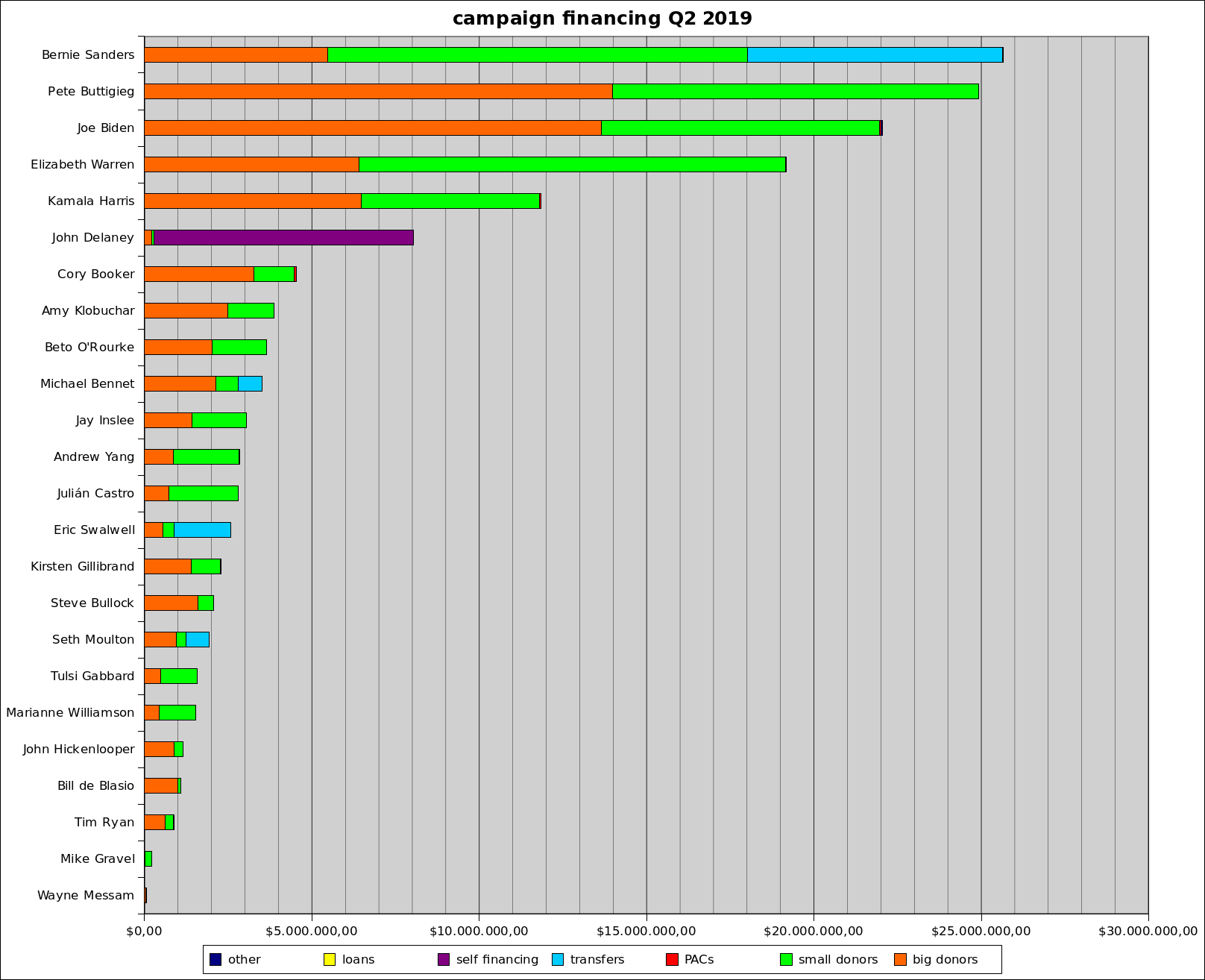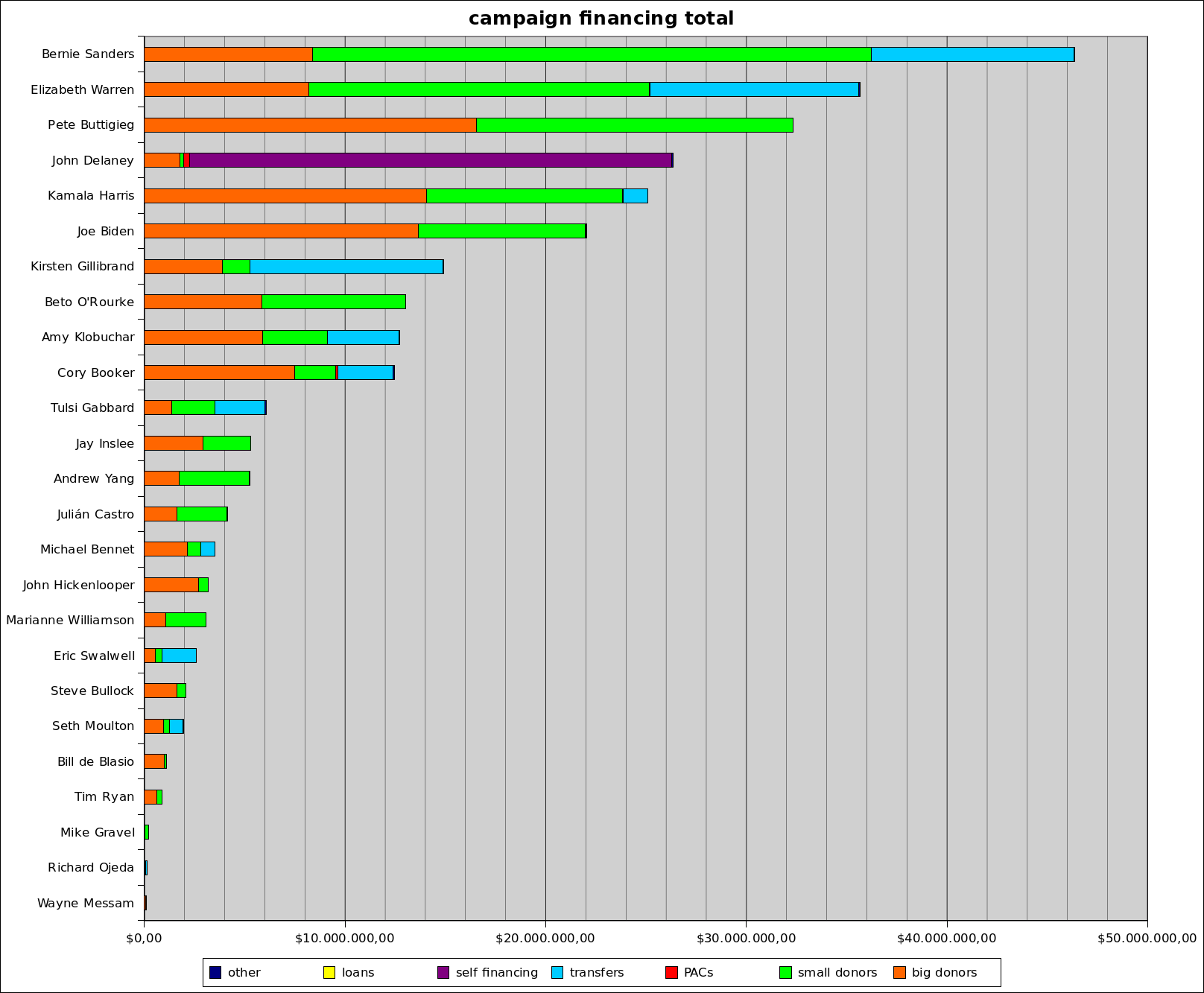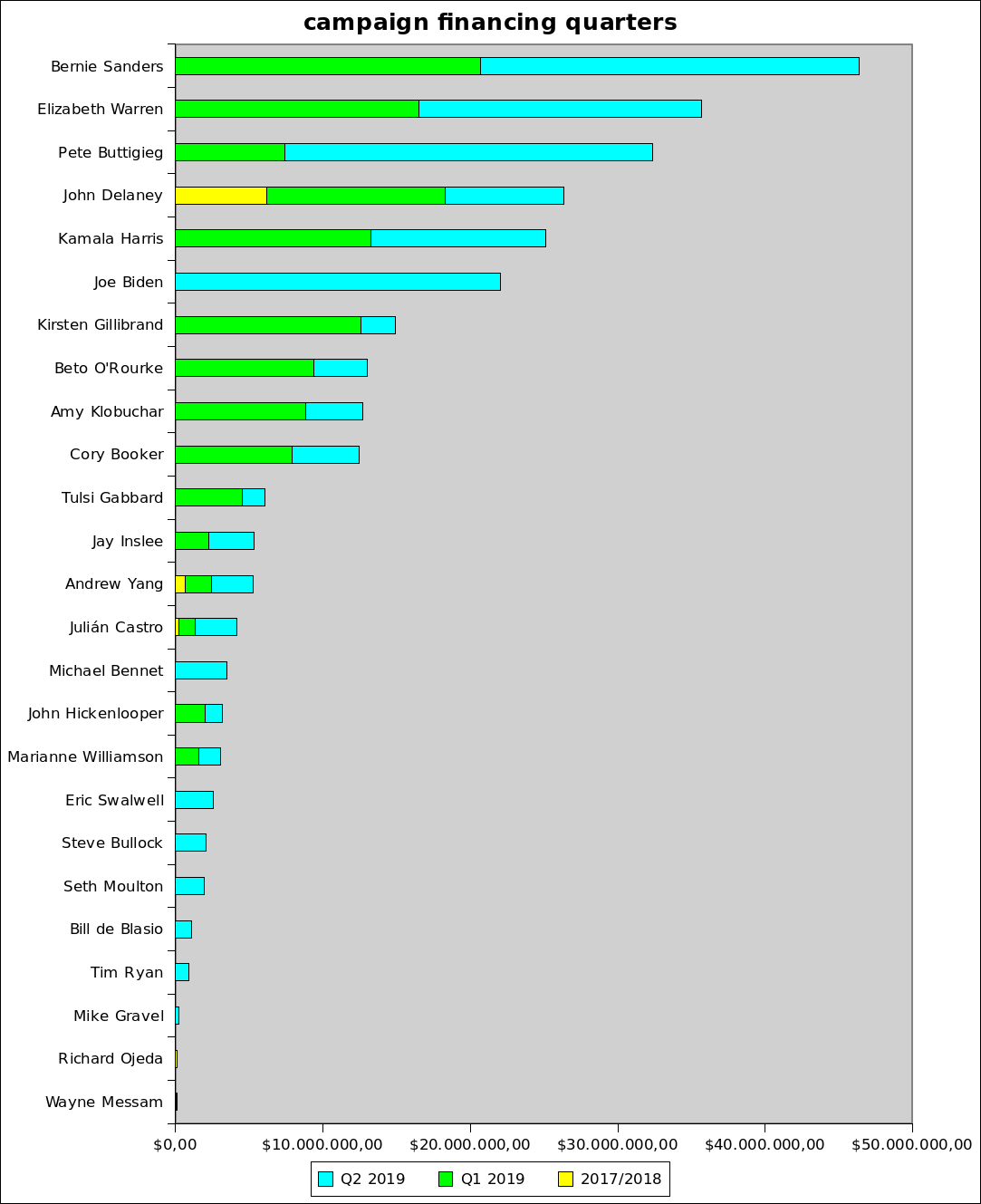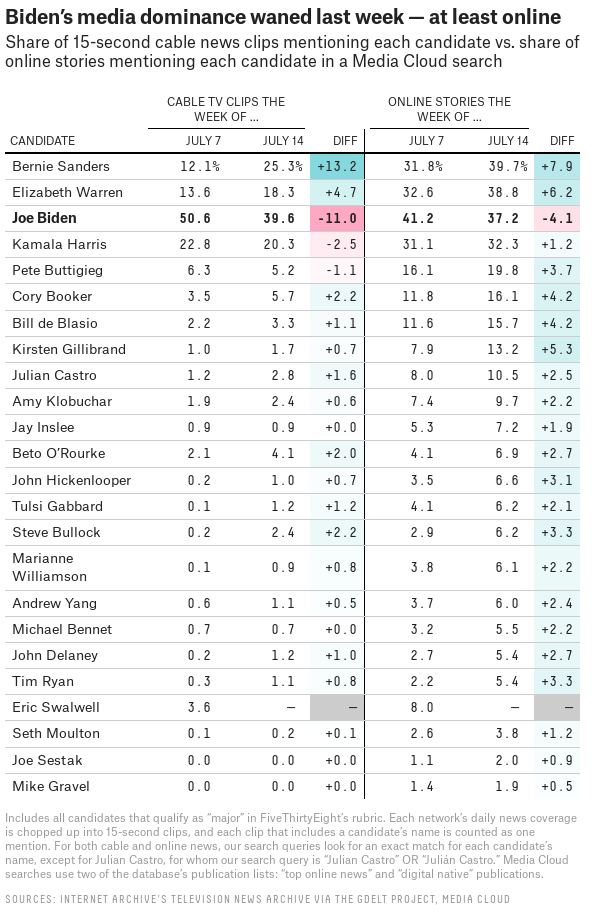| Proxy-Pie said: Alright I'll respond, though the issues I'll discuss relate mostly to my country and not the US. I am Palestinian-Israeli, and the past few years have been depressing for me. Trump has been doing seemingly permanent damage to our cause, essentially taking away the most important bargaining pieces that the US has relied on in the peace talks. He doesn't even pretend to be neutral, and that's emboldened the government to do some brazen things. The settlements are accelerating, land that belonged to families for centuries is being confiscated probably more than ever before (including in my town, which is located inside Israel proper), and a bunch of other stuff. I saw this really detailed article last week about how now the government is even removing documents about atrocities during the formative years of the country: (This isn't exactly something new, but it seems to have picked up the pace recently). This hits very close to me personally, because when my grandpa was 8 years old, his uncle was killed in one of these massacres. Before the general who gave the order died last year, he confessed that it was linked to a never fulfilled plan to expel the town's residents: But guess what? Many many documents about his trial were never released, and probably won't be anytime soon. My grandpa was 8 when that happened, he's in his 70s now, and he's going to die without closure on this subject. I went on a bit of a tangent there, but basically from what I've read about Harris, her history doesn't inspire confidence that she'd be that much better on this issue. I know that it's a bipartisan thing and that she's not the only candidate who'd go soft on this, but she sounds like one of the worst among the Democrats in that regard. Sorry for the jumbled post, but it's hard to be optimistic for the future. |
YIKES! I can't even imagine what it must be like to be Palestinian at a time like this! (Or any time in modern history for that matter.) The only sense in which I feel like I can relate to the struggles that you're describing is in the sense that I've struggled with depression for the vast majority of my life.
I have to admit to having not really thought about the Israeli-Palestinian conflict as a major voting issue. Foreign policy is a low priority on the radar of most Americans right now, I think. That said, whatever you may hear from our politicians, while it is unfortunately true to say that a lot more Americans lean toward the Israeli side when forced to choose one (one suspects substantially out of ignorance of the nature of the conflict), nevertheless the general opinion of the Israeli-Palestinian conflict in the U.S. is that there should be a two-state solution (50% favor the formal establishment of independent Palestinian state in the West Bank and Gaza compared to 39% who oppose) and that Trump hasn't done enough to foster one. (He's done the opposite objectively, as you well know.) So actual opinion is a bit more nuanced than one may realize.
I'm in agreement with the sort of positions you've articulated here and elsewhere in this thread. I'm in favor of a two-state solution and strongly against settlements. I'm also not an anti-Zionist (I believe that the Holocaust did indeed merit the creation of an autonomous Israeli state in some form) and have met enough people who describe themselves as anti-Zionist to know that anti-Zionism is basically an anti-Semitic position to take (e.g. most of them are Holocaust deniers and so forth). I do support the Palestinian Authority in particular. I'm less enthusiastic about Hamas. I don't know where I stand on BDS. I have mixed feelings about it. I'm basically completely neutral regarding the whole conflict...but I also think that actual neutrality does mean siding with the Palestinian side more often than not only because the Israeli government side has been way more aggressive.
Elizabeth Warren, Bernie Sanders, and Pete Buttigieg are the presidential candidates whose views of the Israeli-Palestinian conflict most resemble mine. They strike me as the most neutral. Most of the others I suspect would, in practice, embrace a view and approach to the conflict similar to Obama's, which wouldn't exactly be neutral, but would be marginally less one-sided than Trump's. I don't think the Palestinian could conceivably be worse served by anyone besides our current president. We haven't had the subject come up in the presidential debates yet, but it surely will, so we'll have more clarity on where each candidate stands on the matter very soon.
Last edited by Jaicee - on 25 July 2019





























